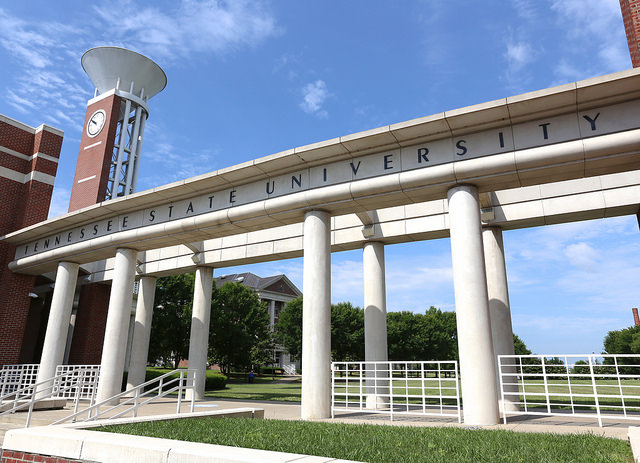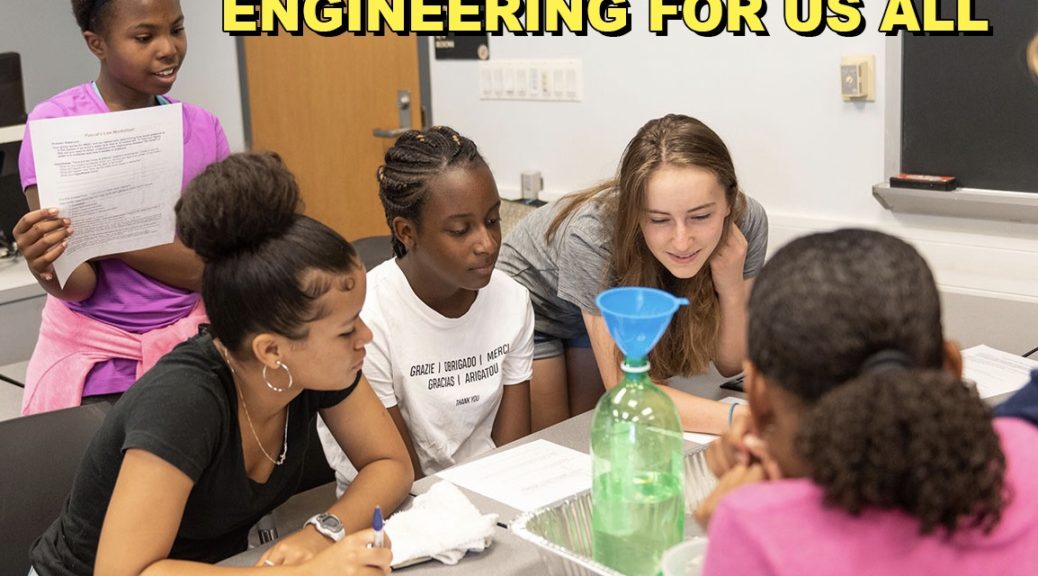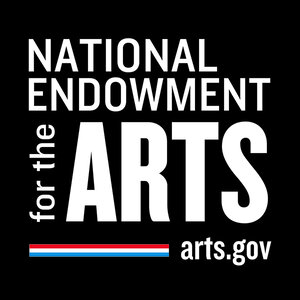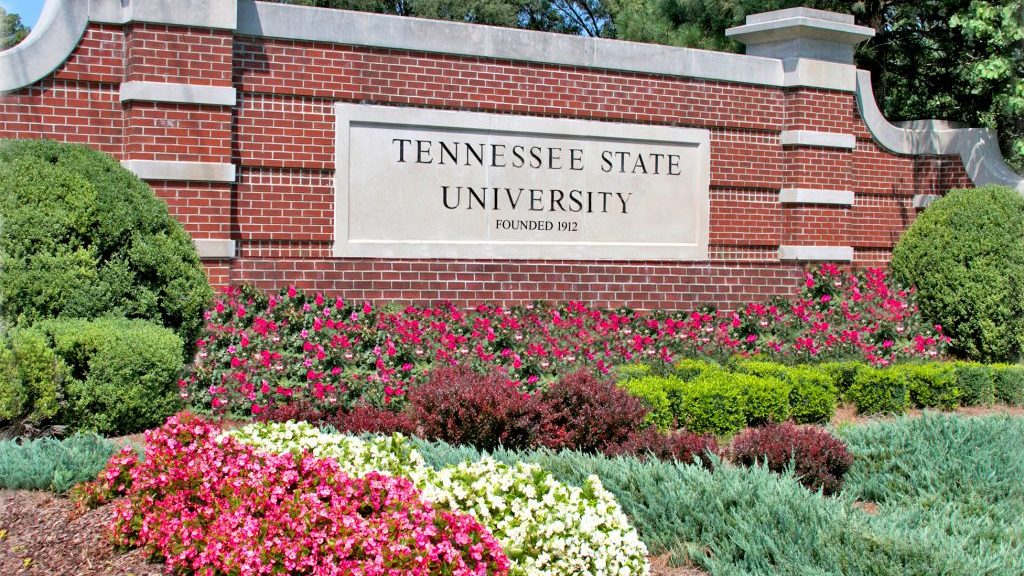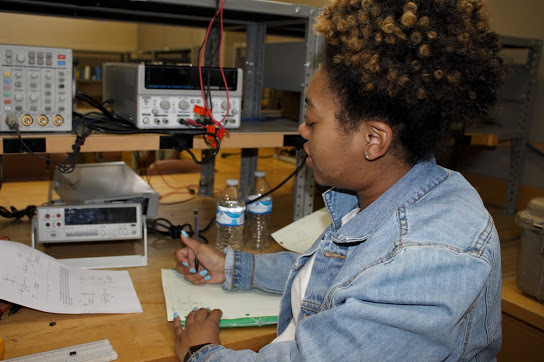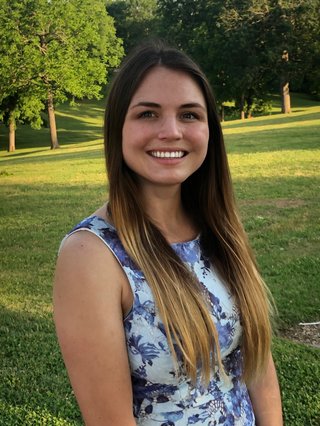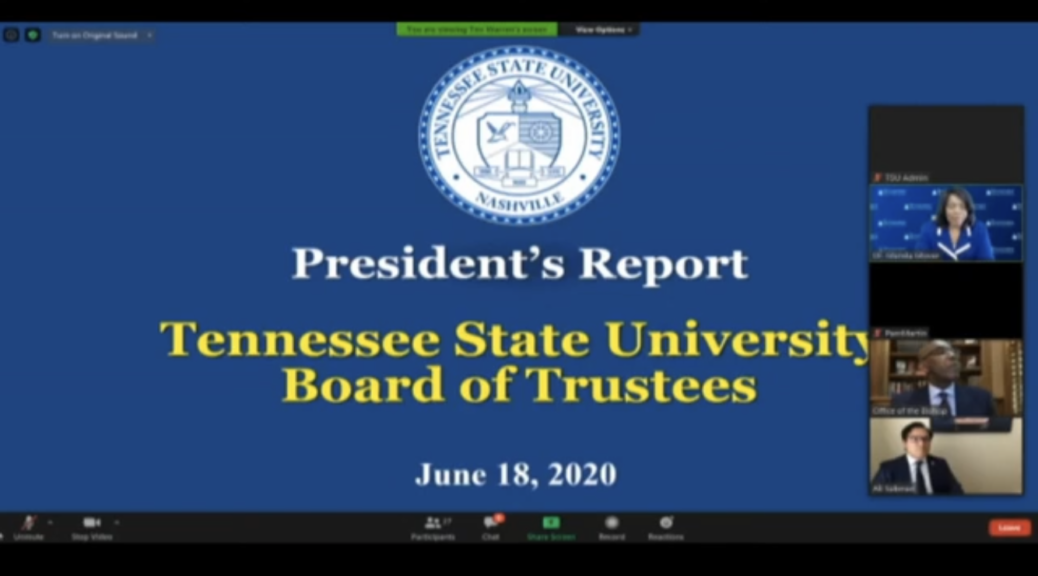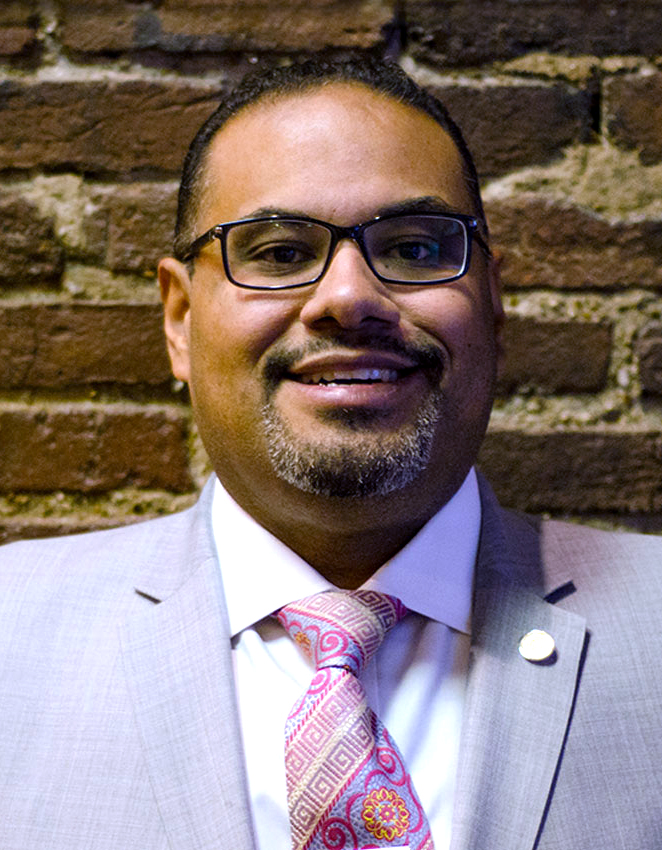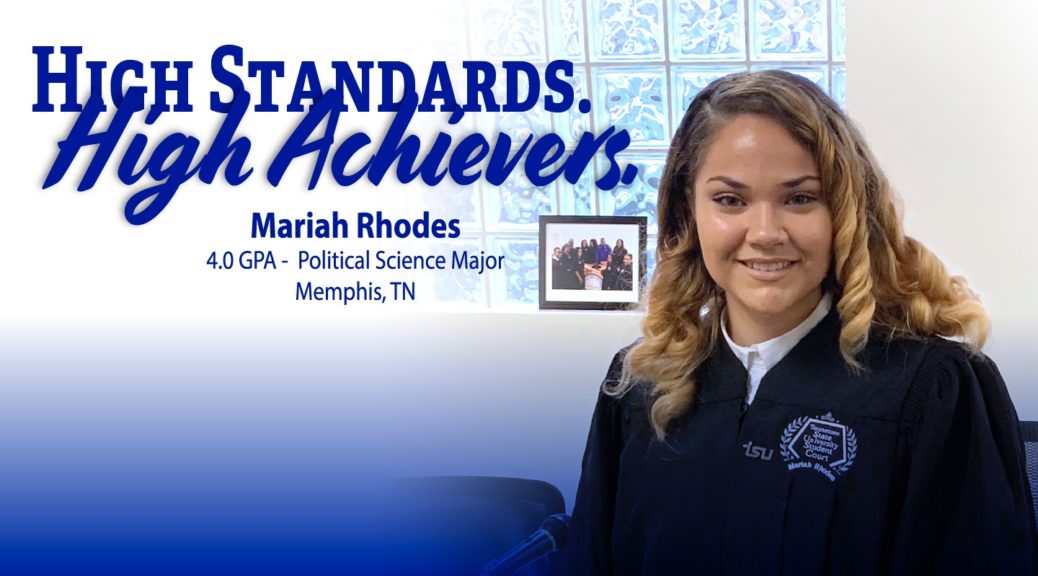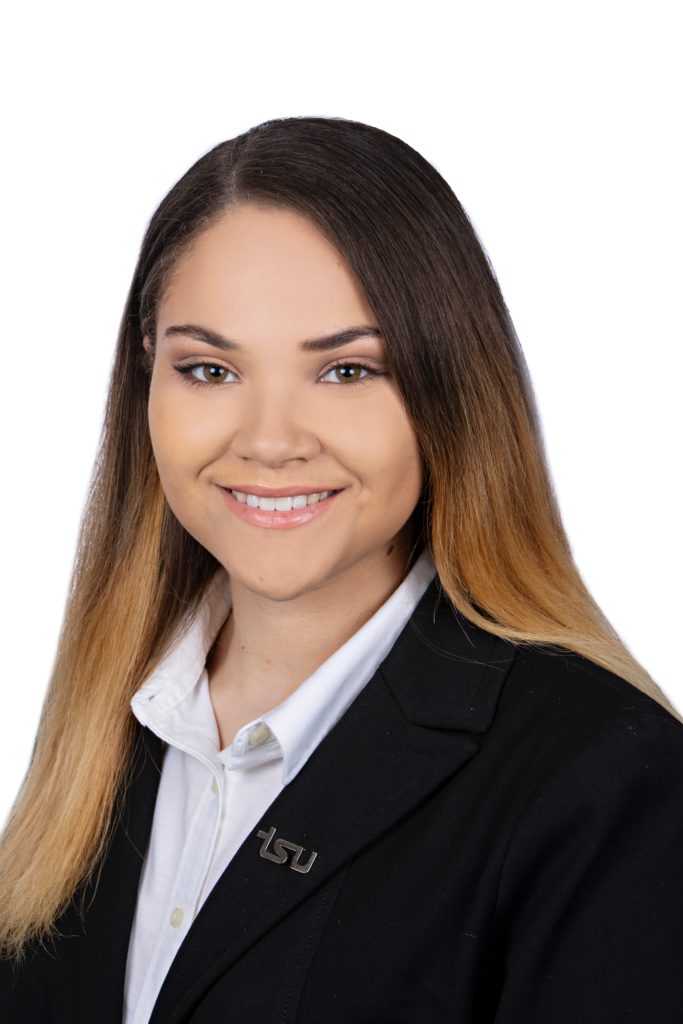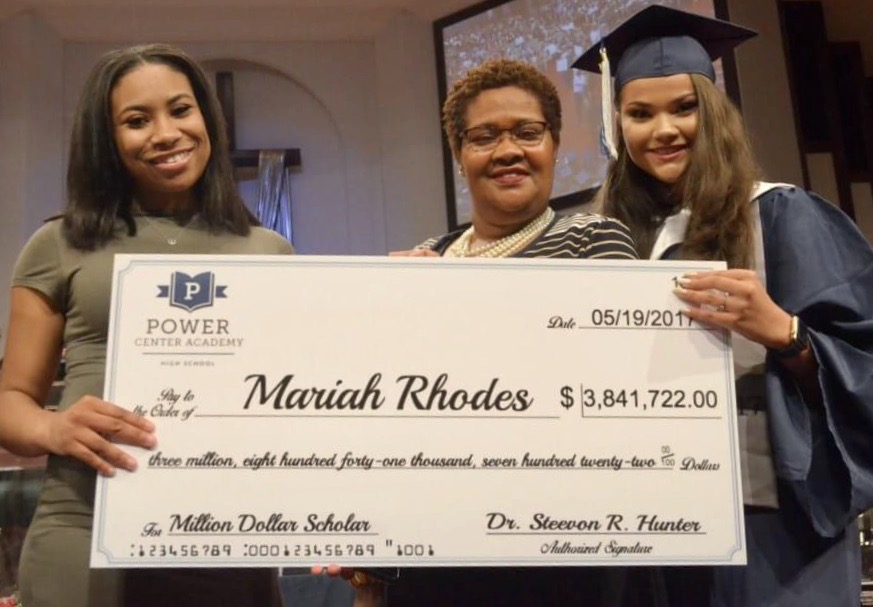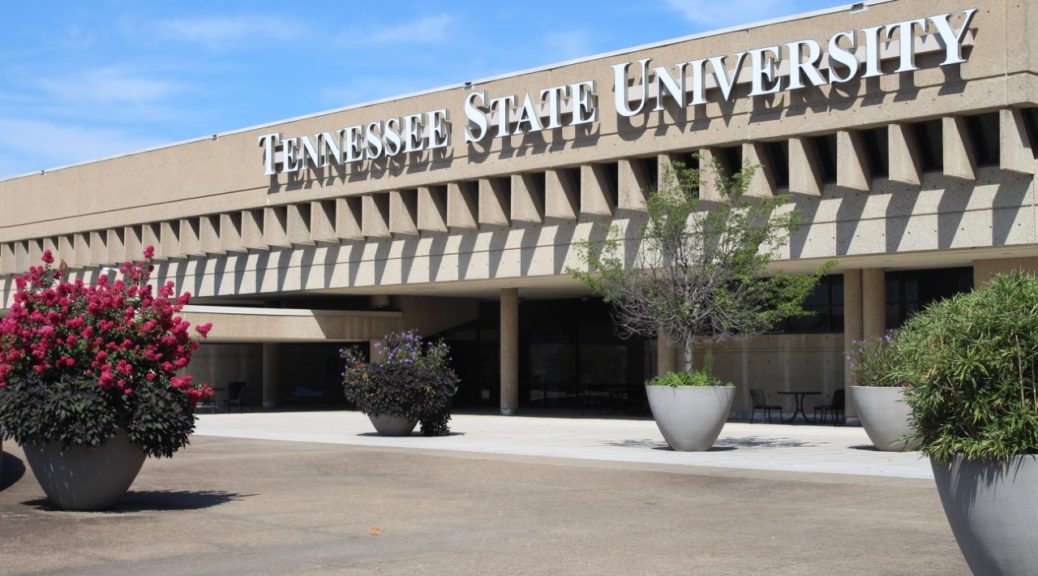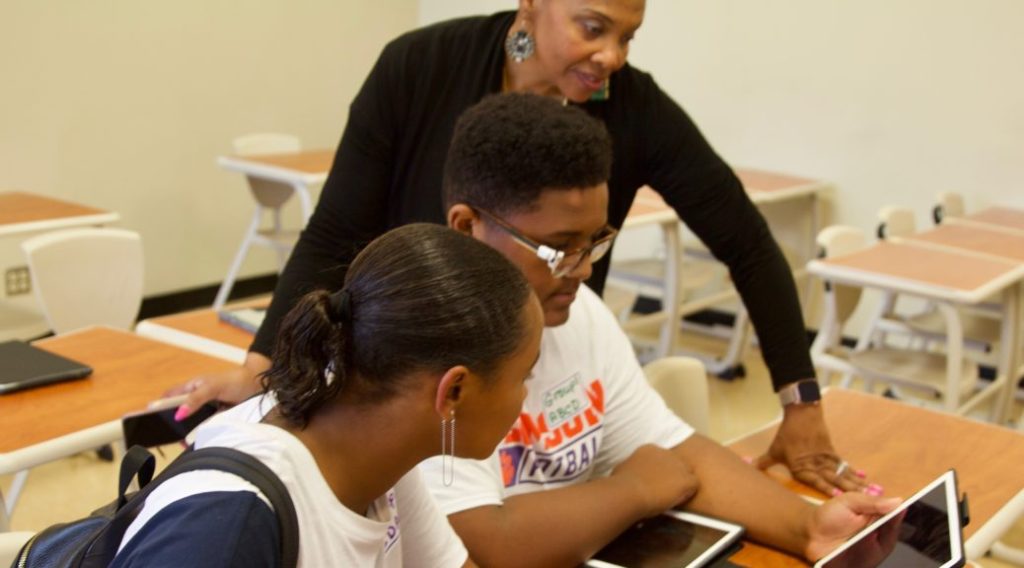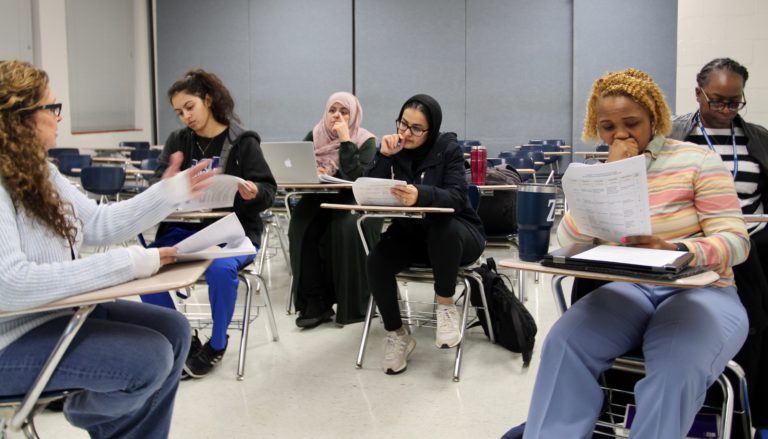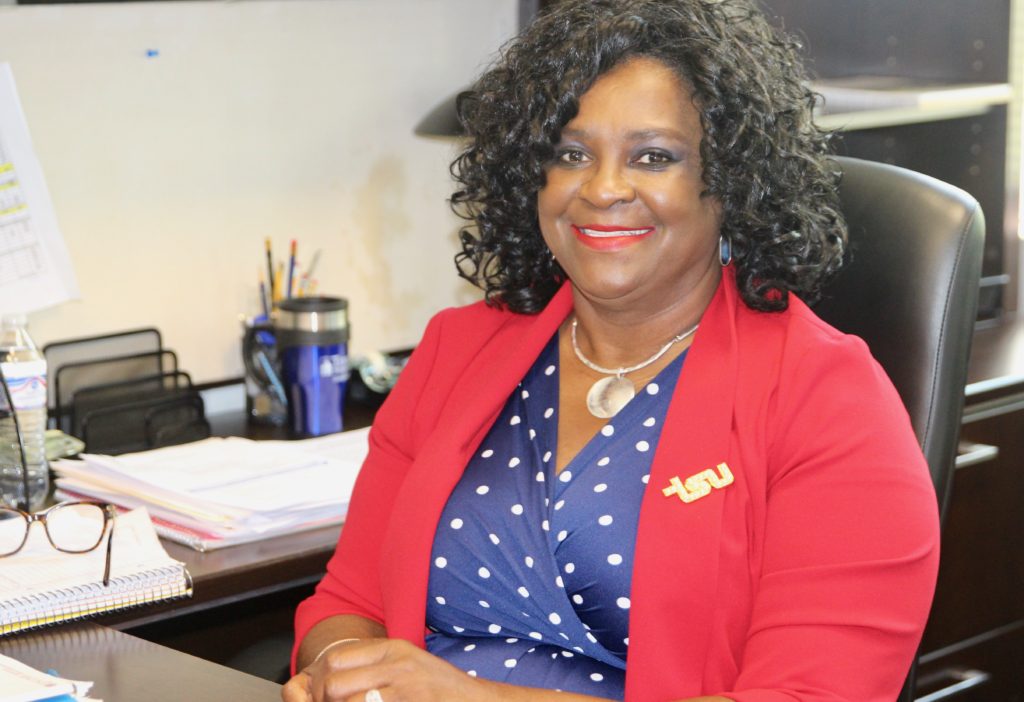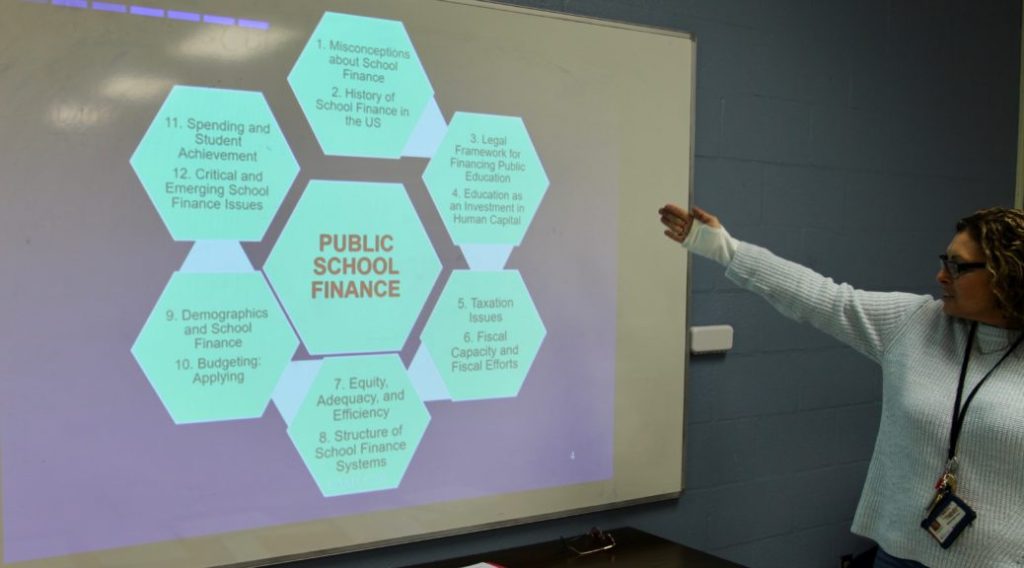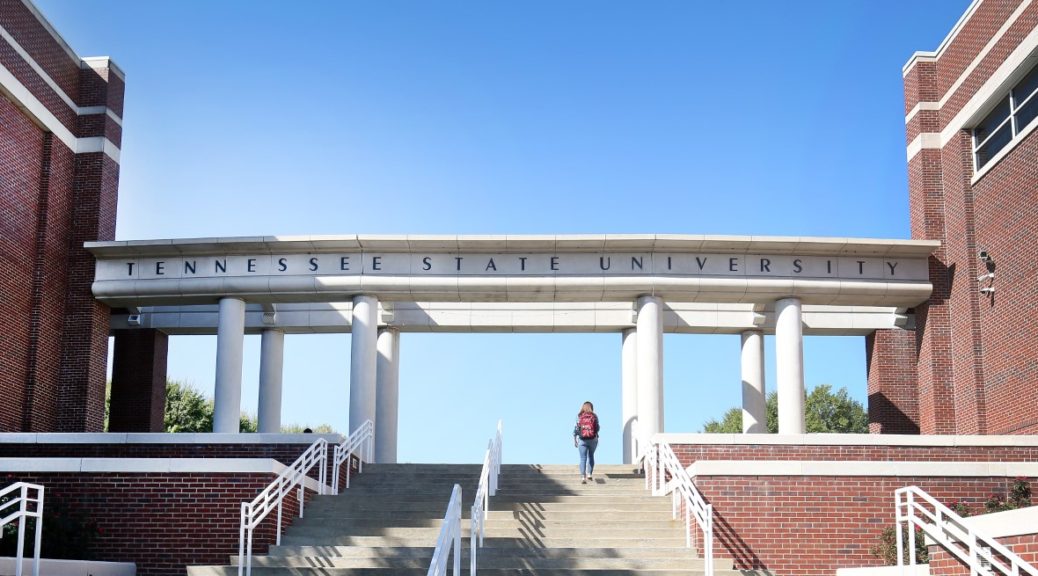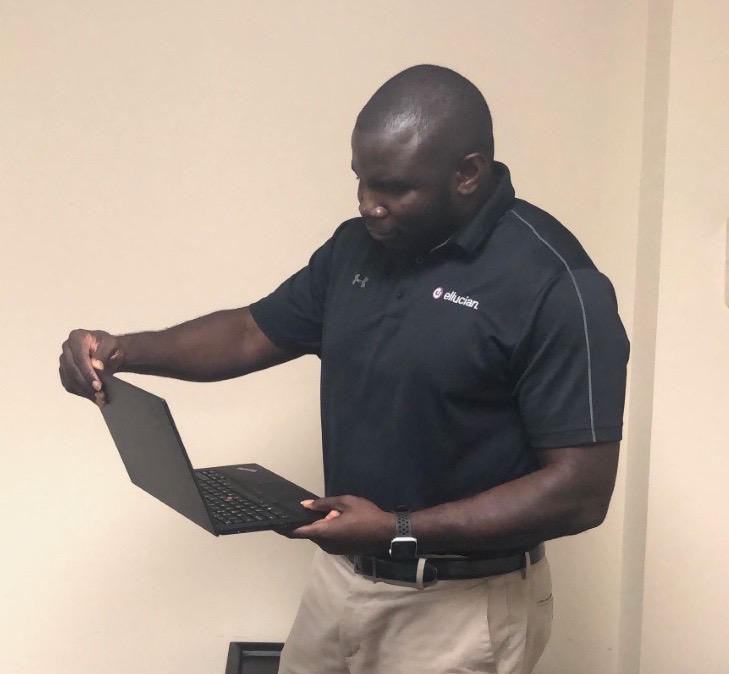NASHVILLE, Tenn. (TSU News Service) – Tennessee State University officials said they are looking forward to welcoming new and returning students this fall. TSU will reopen under a comprehensive plan that will provide additional COVID-19 safety protocols to protect the health and safety of the campus community, along with student discounts.

Currently, the plan is to begin the fall semester on August 17, with all classes online for the first two weeks. Due to COVID-19, there will be both in-person and online instruction throughout the semester, which will end by Thanksgiving.
“This innovative and comprehensive plan for fall 2020 was developed in consultation with TSU stakeholders and public health officials,” Tennessee State University President Glenda Glover said July 8 in a letter to TSU students, faculty and staff.
“This pandemic is unlike any challenge we have ever faced. All decisions have been made with the health and safety of our students, faculty, and staff as the top priority.”
With that in mind, TSU is implementing a 14-day “safer in place” policy upon arrival for all students in residence halls. The policy requires students to stay in their places of residence unless they need to perform essential activities, such as getting food, or going to medical appointments.

Transfer student Aleyah Hargove, like many new students attending TSU for the first time, understands things will be different but is still looking forward to the college experience. The business major from Goodlettsville said that, based on the plan, she believes the University is taking the right measures to keep everyone safe.
“I am excited to attend TSU and have the campus experience despite the pandemic,” Hargrove said. “Though it will be somewhat different, I’m confident efforts are being made to learn in a safe environment”.
Matthew Benton, a rising senior and fellow business major, said he’s decided to take all-online courses.
“I really appreciate all that the University is doing for student safety, but my parents and I have decided it is in my best interest to attend remotely,” said Benton, who is from Atlanta.
“It was really a tough decision. I’m sad I’ll be missing out on campus life. I’ve talked with several of my friends and they have mixed feelings, and haven’t made a decision yet.”
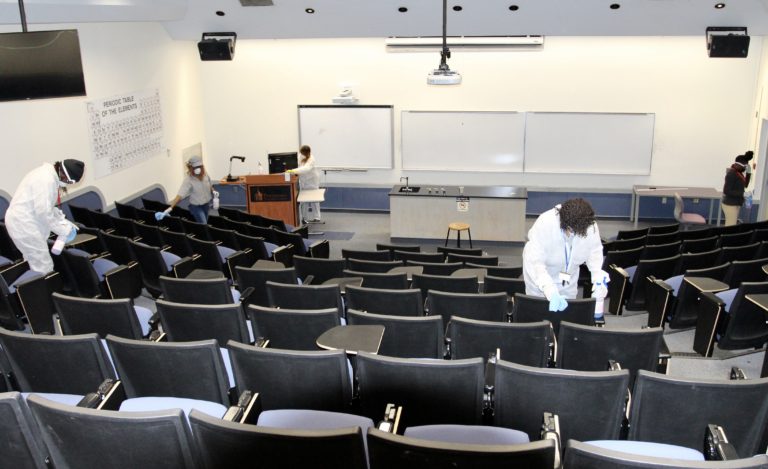
The University is also offering discounts of up to 15 percent on fees and tuition for students who take all online courses. These discounts will depend on students’ in-state or out-of-state status. Additionally, students who choose to do so will be allowed to cancel their housing and receive a full refund of their deposit. The discounts come on the heels of the University announcing that it is freezing tuition with no increase this year.
“I am pleased that these discounts will result in significant savings for our students during these challenging times,” said Dr. Glover, adding that the university will also continue to offer laptops and technology devices to students that need them.
In addition to a Pandemic Task Force that has been meeting just about every day to address issues related to the coronavirus, President Glover also appointed a Fall Course Delivery Task Force to help develop the best strategy for classes this fall.
Classrooms are being assessed to determine the number of students who can occupy each room, based on guidelines from the Centers for Disease Control and Prevention. Computer labs are also being marked to determine the number of persons allowed to use them at the same time. Desks and high-touch surfaces will be cleaned and disinfected throughout the day for classes, labs, and public areas between usage.
Other campus safety measures include required wearing of face coverings and social distancing at all times; regular cleaning and sanitizing of buildings; temperature checks upon entering campus and randomly throughout campus; installation of shields throughout the campus; and establishment of a non-emergency COVID-19 phone line and email for reporting concerns.
The University will also work closely with the Tennessee Department of Health for contact tracing. For any positive diagnostic test results, TSU will follow the protocols in place and adhere to state reporting guidelines. A contact tracing team will be in place to identify potential secondary cases to limit the spread of infection. TSU has also established its own early contact tracing.
For athletics, the University has a comprehensive plan that outlines the safe return to training, practice and competition for student-athletes, and also complies with public health guidelines and NCAA and Ohio Valley Conference requirements. Part of this plan includes a delayed opening for the upcoming football season, set for the end of September. The first three games of the season will not be played. The University is still reviewing information pertaining to the Homecoming game on October 10.
On July 8, TSU held a COVID-19 tabletop exercise that was coordinated by the Tennessee Emergency Management Agency, the Tennessee Department of Health and the Tennessee Higher Education Commission. The three state agencies praised the University for its level of commitment among all divisions in creating a comprehensive plan for the campus, including safety protocols, testing and tracking.
“What we saw here with TSU is that you have an administration that’s being collaborative and finding ways to mitigate the threat of COVID-19,” said Jeff Brown, a planner with TEMA and key facilitator of the tabletop.
“They want to open campus up and I think they are taking the right precautions through communicating with each other and coming up with contingency plans on how to deal with any potential problems down the road.”
In an effort to provide outreach services to the community, TSU launched the COVID-19 Academy in May to connect residents with crucial resources. Areas include health services, such as telehealth and telemedicine providers, food banks and pantries, as well as employment and educational resources.
“The academy will work to bridge the health care disparity for people of color that experts say will have a lasting impact for generations to come,” said Glover. “This is being done through a holistic approach combining access to care, human services and education.”
The university will continue to monitor the virus and make changes to the reopening plan if there is a continued surge of reported cases in Davidson County and the State of Tennessee.
To learn more about TSU’s campus operation plans for fall reopening, visit www.tnstate.edu/return.
About Tennessee State University
Founded in 1912, Tennessee State University is Nashville’s only public university, and is a premier, historically black university and land-grant institution offering 39 bachelor’s degree programs, 24 master’s degree programs, and seven doctoral degrees. TSU is a comprehensive research intensive institution with a R-2 Carnegie designation, and has a graduate school on its downtown Avon Williams Campus, along with the Otis Floyd Nursery Research Center in McMinnville, Tennessee. With a commitment to excellence, Tennessee State University provides students with a quality education in a nurturing and innovative environment that prepares them as alumni to be global leaders in every facet of society. Visit the University online at tnstate.edu.
